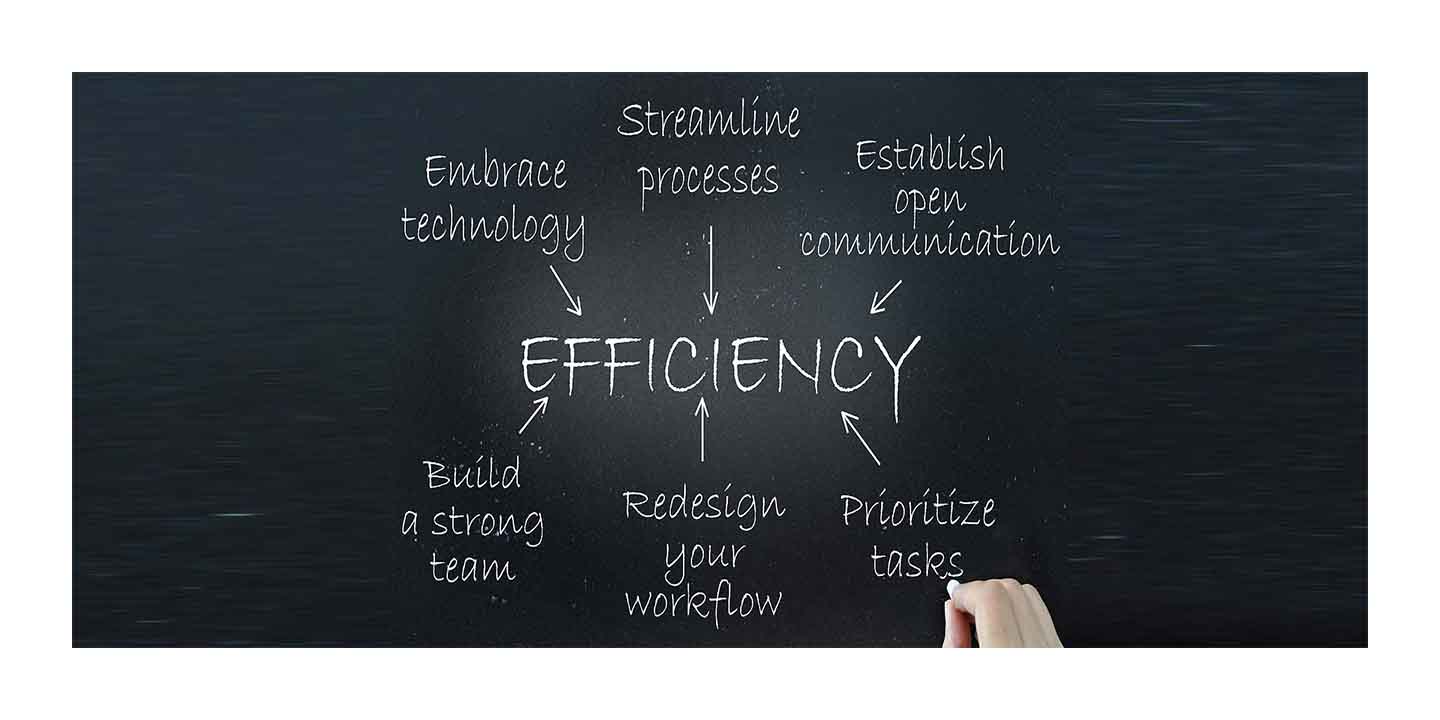TYPE
Outcome V/S Efforts
Founders’ guide to improve team efficiencies
While managing teams specially sales, marketing and business development teams, the founder often finds themselves on the crossroads – Outcome or
Efforts for performance measurement. The choice sets the culture of the team/company and thus must be carefully taken.
Choice 1 – Outcome oriented culture
- This is a more traditional approach.
- Businesses are focused on the outcome/result delivered by workforce.
- Every performance is viewed against measurable outcomes.
- Close monitoring mechanisms and multi-tier management is incorporated into the system leading to increased cost and man hours in completing a task.
- The sense of ownership and belonginess in team is low.
- Mindset and culture are mechanical.
- Leads to deviation from the processes and mis-selling and wrongdoing (reporting, acting) to deliver the outcome.
Typically, this culture is observed in large businesses and that is the reason lead time, innovation and growth is slow in such organizations.
For start-ups to overcome this challenge and foster innovation & growth they should incorporate in their team
- Flexibility
- Openness to experiment (which has uncertainty and requires resources like time & money)
Choice 2 – Effort oriented culture
- Many young entrepreneurs believe in the culture of allowing the teams to work in their comfort zone. (An approach good to hear)
- The challenge in this approach is the variation in the speed and dedication of the individual team member.
- The individual team members continue to believe in cent percent effort put by them but the overall outcome for the organisation may be left far behind.
- Resulting in demotivation for star performers and contagious low performance across team members. Once such a ripple begins the organisation is all set to spell doom.
- In the early stages of the business the entrepreneurs resort to this approach due to:
- Socially creates a positive image for the company.
- Attracts talent ( Good talent???? )
- Low bandwidth of founders rendering them unable to focus on multiple things
- Each member of team performing beyond the typical scope of work
The Approach – Outcome Oriented Efforts (underlying focus on processes)
- The approach should be a hybrid approach – ‘outcome-oriented efforts’.
- Outcome is given importance, but due importance is given to the efforts even in the situation where the outcome is not achieved as desired.
- On the contrary due action must be taken when outcome is not being achieved even after sincere, multiple efforts to ensure the drive of the organization.
Conclusion
Based on the nature of the business, team size and function the approach may vary but the same must be controlled with established responsibilities and outcome mapping.
In business environment, while dictatorship should not be the approach, democracy is also not the best approach.
The team members should have flexibility to work (What, When, How) but the same should be measured regularly against the outcomes and deviations from standards must be investigated to ensure organization’s upward growth momentum rather that holding back or worse dragging down.

 SUBSCRIBE
SUBSCRIBE
